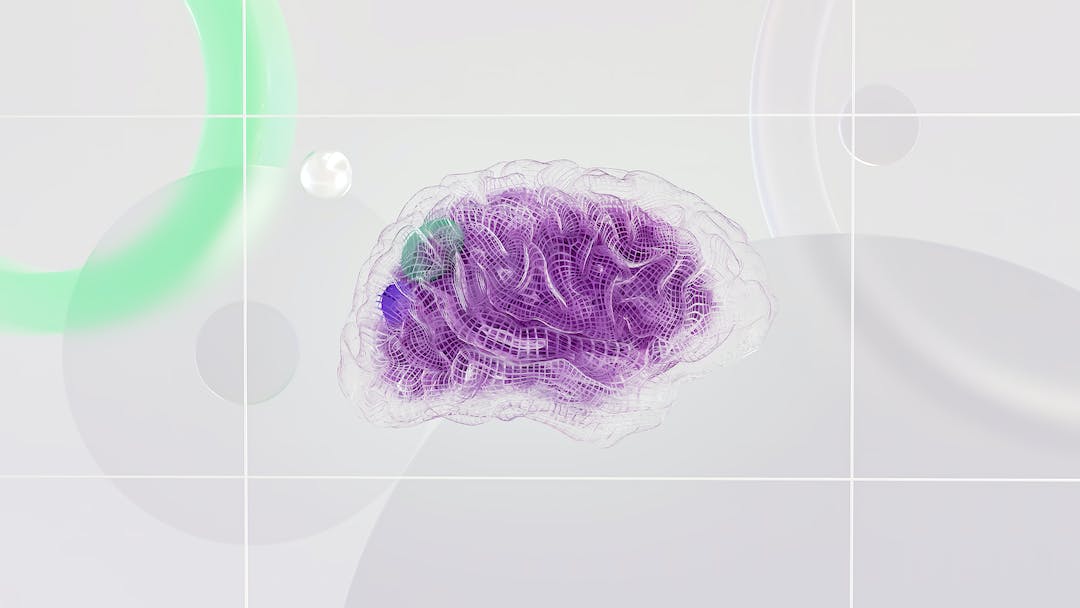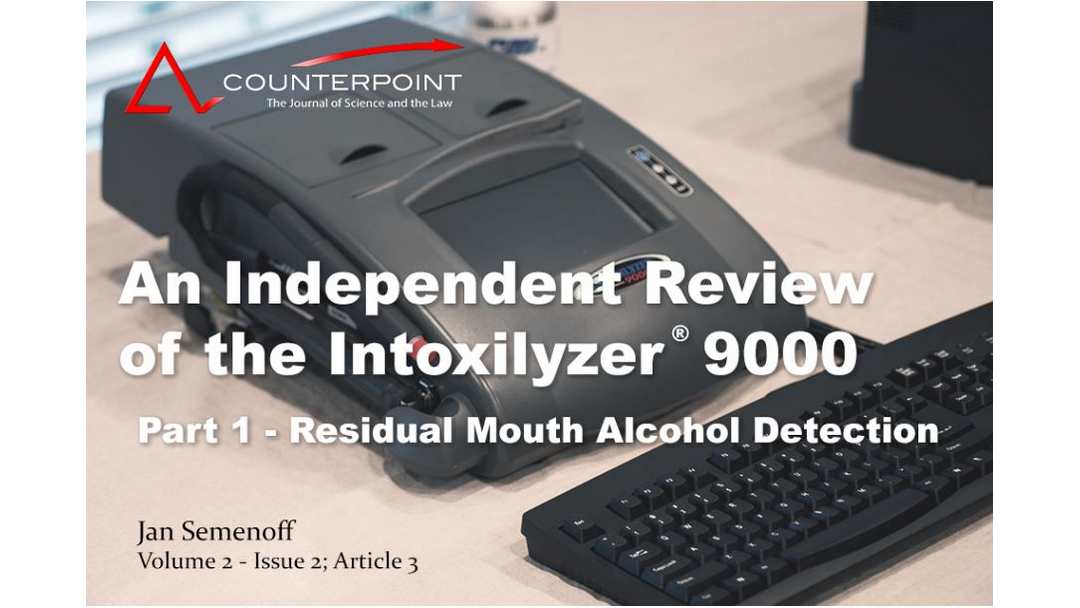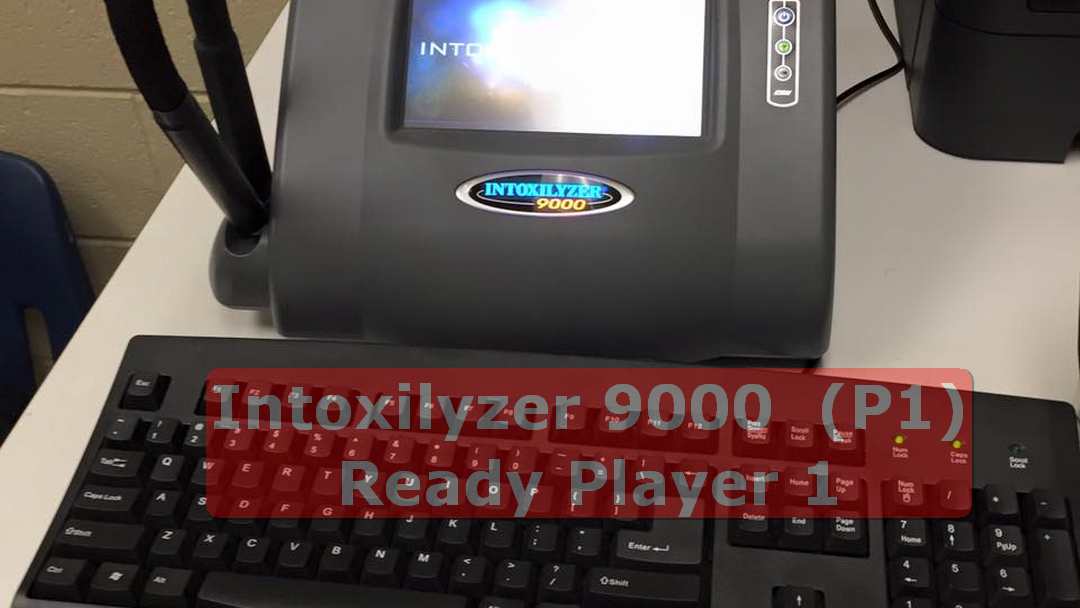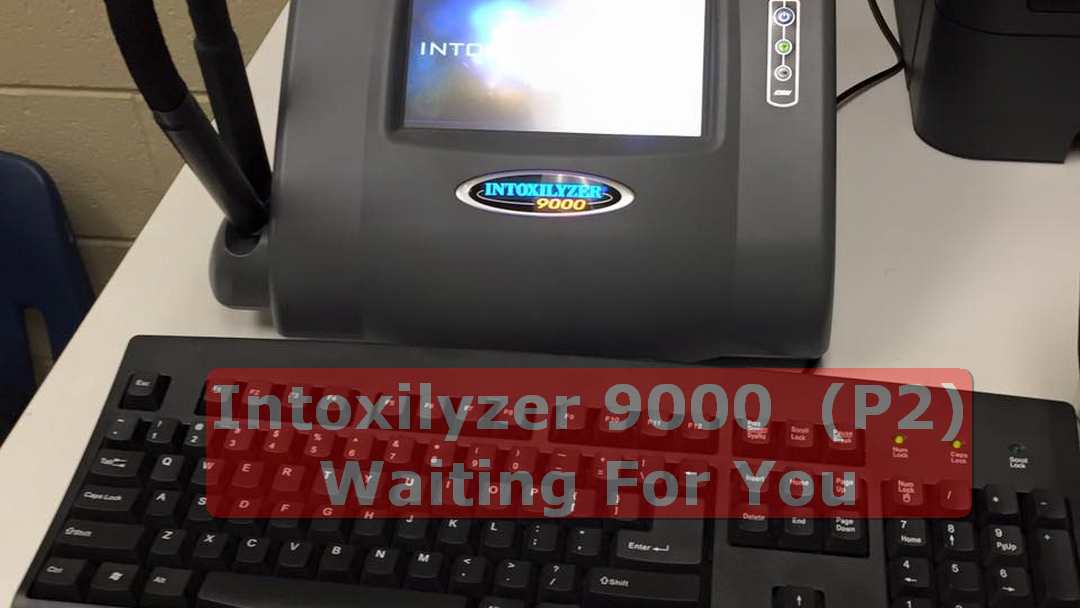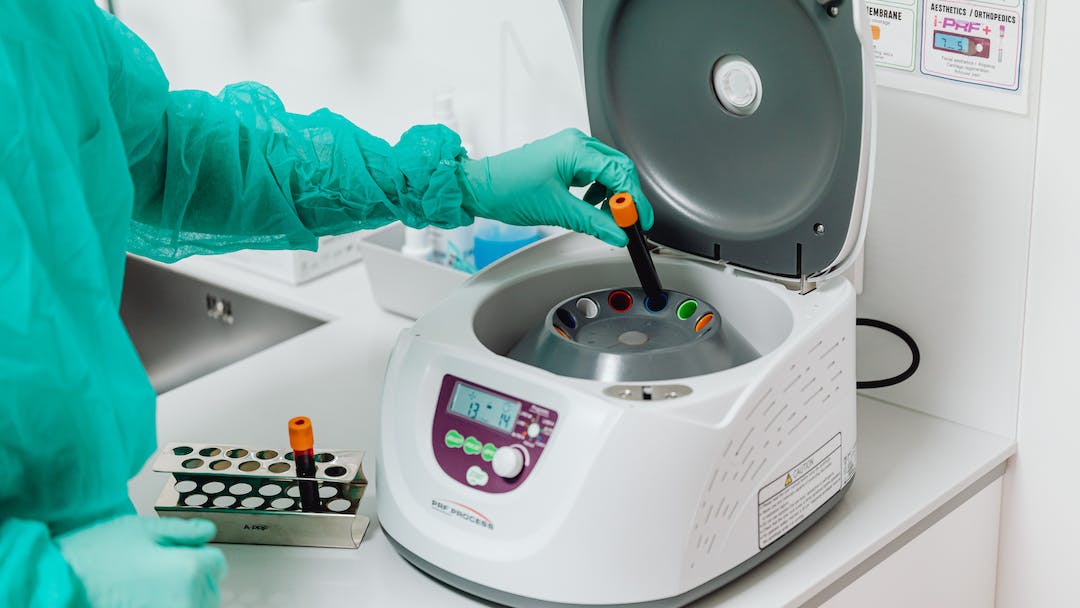652 cases between 2008 and 2023 are affected. Cases before that are still under review. A former DNA analyst with the Colorado Bureau of Investigation (CBI) manipulated DNA results and "cut corners" – and as a result, all of her work at the agency over nearly 30 years...

Over 650 investigative cases affected by DNA analyst’s data manipulation
652 cases between 2008 and 2023 are affected.
Cases before that are still under review.
A former DNA analyst with the Colorado Bureau of Investigation (CBI) manipulated DNA results and “cut corners” – and as a result, all of her work at the agency over nearly 30 years has been called into question.
Those findings emerged from an internal affairs investigation that commenced in September and pertained to Yvonne “Missy” Woods, a devoted employee who has served the CBI faithfully for 29 years. This announcement was made by the agency on Friday.
and yet another Colorado lab
The Weld County Sheriff’s Office fired a DNA analyst, who worked at a local lab for over 10 years, after an investigation found “anomalies” in her work. FOX31’s Talya Cunningham hears from a legal expert about what this could mean for the cases involved.
Meanwhile back at the ranch….
Thousands of Criminal Cases in New York Relied on Disputed DNA Testing Techniques
New York City’s crime lab has been a pioneer nationally in analyzing especially difficult DNA samples. But the recent disclosure of the source code for its proprietary software is raising new questions about accuracy.
Lab creates fake DNA evidence
Unlike finicky fingerprints and frowned-upon fiber analysis, DNA evidence has been the most bulletproof evidence for forensic sciences in recent years. But staffers at a research firm in Israel have recently upended the presumed infallibility of this forensics golden child—by making it themselves. Nucleix, a Tel-Aviv-based life sciences company, was able to create credible DNA evidence that could be used to finger the wrong person, proof that even genetic evidence can be manipulated (beyond planting a hair or used cigarette) just like other physical traces. “You can just engineer a crime scene,”
Drug-Testing Company Used in Child Custody Cases Investigated for Fraud
The DOJ investigated Averhealth, emails reviewed by VICE News show, after the company’s ex-lab director testified up to 30 percent of its results in Michigan were wrong.
Drug felonies without credible proof? — Allegations of politicking in state police crime labs
First on FOX 17, we broke serious allegations that state police crime labs are being told to falsely report marijuana test results. This is resulting in misleading lab reports that an attorney claims creates felonies without real proof.
Attorney Michael Komorn believes a recent policy change in the way Michigan State Police forensic science crime labs report marijuana may have led to years of wrongful convictions.
Komorn called this a “perversion of science,” and “crime labs turned crime factories:” accusations that politics are trumping forensic science by escalating misdemeanor marijuana charges into felonies without proof.
More than 3,000 cases may have been impacted by inaccuracy of MSP’s marijuana testing
(WXYZ) — The Michigan State Police say more than three thousand cases involving alleged marijuana impairment could have been false positives. Last week, the MSP Forensic Science Division announced they were halting all testing of marijuana drug samples due to the possibility that the tests were positive for CBD, rather than just THC. The state police warned prosecutors not to rely on the THC toxicology results until they could learn more about the alleged problems in the testing.
THC is the psychoactive compound in marijuana. CBD is a chemical found in marijuana that does not produce a high, and CBD has not been considered a controlled substance in Michigan since March 28, 2019.
Related Articles
Over 650 investigative cases affected by DNA analyst’s data manipulation
Smoking cannabis associated with increased risk of heart attack, stroke
NIH-funded observational study shows risk grows sharply with more frequent use.Smoking, vaping, or consuming marijuana has been found to be associated with a significantly heightened risk of heart attack and stroke, regardless of a person's pre-existing heart...
Scientists Discover The Reason Cannabis Causes The Munchies
For the first time, scientists have uncovered the precise neurological impacts of cannabis use that give rise to the phenomenon famously referred to as the "munchies," as revealed by an innovative study backed by federal funds. Researchers at Washington State...
Evaluation of Field Sobriety Tests for Identifying Drivers Under the Influence of Cannabis
This randomized clinical trial investigates the accuracy of field sobriety tests administered by law enforcement officers to assess functional impairment and driving performance among individuals who have smoked cannabis. Question How accurate are field sobriety tests...
More Posts




Understanding Domestic Violence Laws in Michigan
Understanding Domestic Violence Laws in MichiganDomestic violence is a serious issue that can affect anyone, regardless of age, income, or background. If you are experiencing domestic violence in Michigan, it's important to know your rights and the laws that protect...




Macomb Prosecutor issues first charges under new safe storage law
Understanding Domestic Violence Laws in MichiganMacomb County Prosecutor Peter Lucido has filed the first charges under Michigan's new safe storage law following a critical accident in Warren. An 8-year-old boy allegedly accessed an unsecured firearm and shot himself...




Marijuana grow busted as feds investigate trend in more states
The DEA is investigating international criminal organizations that are operating illegal marijuana grows in about 20 states, including Maine.The significant electricity usage in a residence, its windows concealed with cardboard, and the scent of marijuana caught the...




A visit with a kick
POW - Right in the Kisser. Businesses watch out for the lawA Pennsylvania-based convenience store chain was hit with a lawsuit by the Biden administration at the same time the president stopped by one of their locations on the campaign trail. Sheetz is being accused...




Woman tried to board flight with 56 pounds of marijuana
Woman allowed airport police to check her luggage, had name tag on bags, according to reportsBefore a 21-year-old Memphis woman could board an United Airlines flight, Memphis International Airport Police found 56 pounds of marijuana in her luggage, according to...




You’re too stupid to store a gun properly
The Biden administration once again defends a ban in federal court, arguing that people who use marijuana should be prohibited from purchasing or possessing firearms. They claim that this restriction is supported by historical precedent and that individuals who...




Illegal Firearms in Michigan
Illegal Gun Ownership in Michigan: Insights and StatisticsThe issue of illegal gun ownership in Michigan is a complex one, influenced by various factors ranging from criminal activity to loopholes in regulatory measures. Understanding who owns illegal guns is crucial...




Restoring Second Amendment Rights in Michigan
Restoring Your Gun RightsAs of 4/17/24...There is still a second amendment The Second Amendment of the United States Constitution grants citizens the right to bear arms, a fundamental aspect of American freedoms. However, in some cases, just like every other right...




Oregon governor signs a bill recriminalizing drug possession
Oregon governor signs a bill recriminalizing drug possession into lawOn April 1, 2024, Oregon Governor Tina Kotek signed House Bill 4002 into law, effectively recriminalizing the possession of small amounts of certain controlled substances. This legislation marks a...




John Sinclair, the inspiration for Ann Arbor’s Hash Bash, dead at 82
John Sinclair, the poet whose imprisonment for marijuana inspired the start of Ann Arbor’s long-running annual Hash Bash in the 1970s, has died. He was 82.Sinclair's passing occurred on Tuesday, April 2, 2024, at a Detroit hospital, merely four days prior to his...










